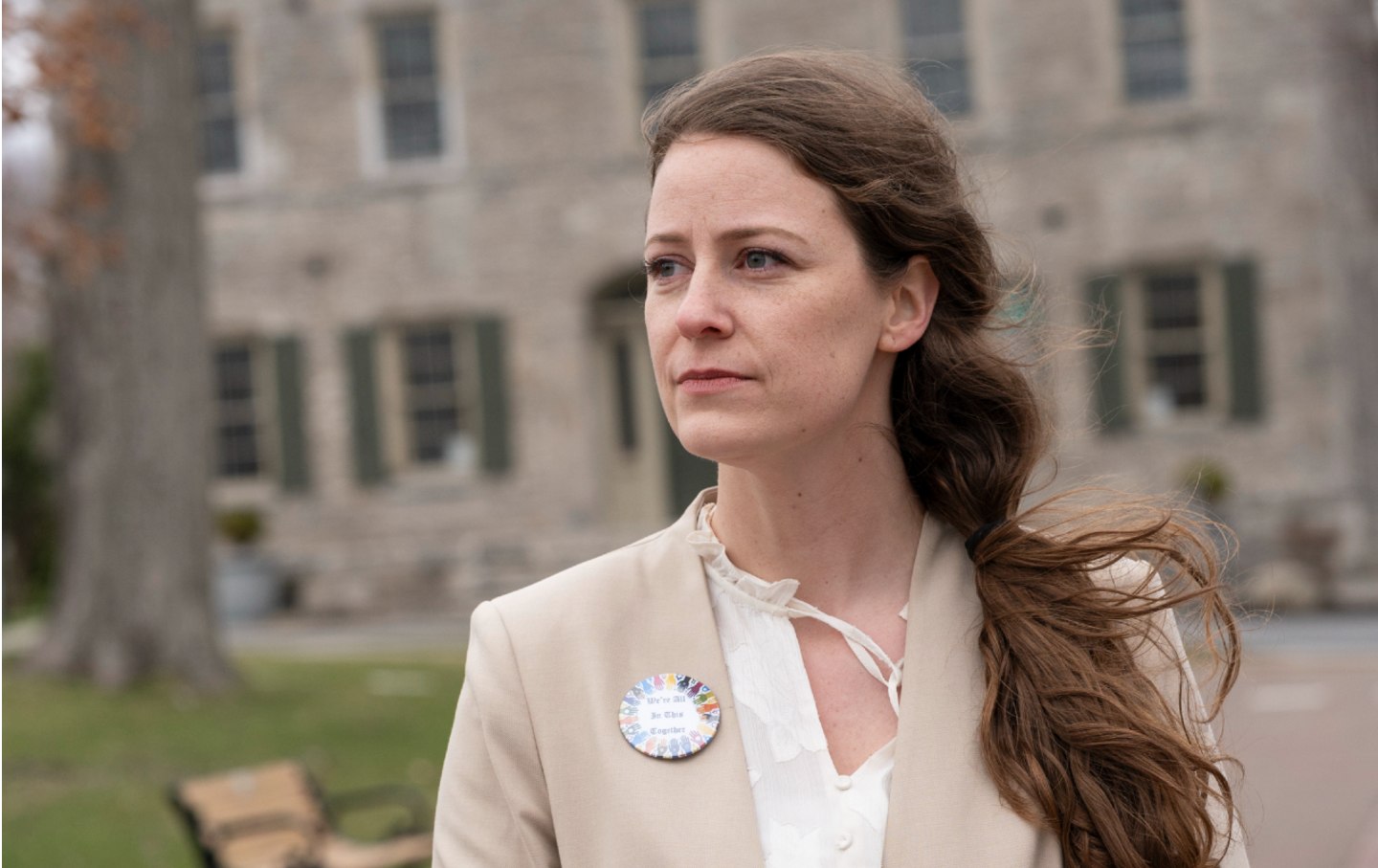On April 14, 2025, an article in The Nation highlighted how elite institutions, including the Ivy League, are largely acquiescing to Donald Trump’s policies that affect international students. Political scientist Jodi Dean criticized this compliance, noting the collapse of civil society institutions that traditionally sustain democracy. High-profile organizations like Columbia University and the prestigious law firm Paul, Weiss, Rifkind, Wharton & Garrison have responded meekly to Trump administration demands, with examples such as Columbia dismissing pro-Palestinian students under pressure.
In contrast, ordinary citizens are actively resisting Trump’s initiatives. Recent town halls witnessed confrontations against lawmakers, notably Republicans, by constituents angered by perceived negligence in countering Trump and Musk’s influence. This rebellion was most visibly demonstrated in protests against Immigration and Customs Enforcement (ICE) actions targeting students, with communities like Sackets Harbor, New York, rallying against detentions.
In a telling example, federal agents were blocked from entering Los Angeles schools to detain students suspected of undocumented immigration status, showing stark opposition from educational institutions below the collegiate level. Meanwhile, universities such as Harvard remain largely silent as cases like that of researcher Kseniia Petrova, who is detained despite a valid visa, gain attention. Harvard’s limited public defense of international scholars highlights broader administrative reluctance to challenge immigration policies.
Sam Stein of The Bulwark reported hundreds of international student visas have been revoked, sowing fear across academic circles. Inside Higher Education recorded nearly 1,000 cases of visa revocations. Trump’s policies, viewed as part of a broader autocratic agenda, threaten the inflow of intellectual talent that has historically strengthened American academia, risking a significant cultural and educational decline. European countries are actively creating programs to attract scholars who might otherwise seek refuge or continue work in the United States, exacerbating concerns of a “de-scholarization” akin to economic policies causing de-dollarization.
Despite the atmosphere of intimidation, some academic leaders, such as Princeton’s Christopher L. Eisgruber, have spoken openly in defense of free speech. The broader silence from university administrators suggests a pervasive fear of retribution, indicative of the challenges higher education faces under current political pressures.
The article concludes that Trump’s approach to immigration undermines fundamental freedoms, with academia needing a reckoning to reclaim principles of liberal democracy. The apathy of many elite institutions may call into question their continued role in shaping future societal norms.
